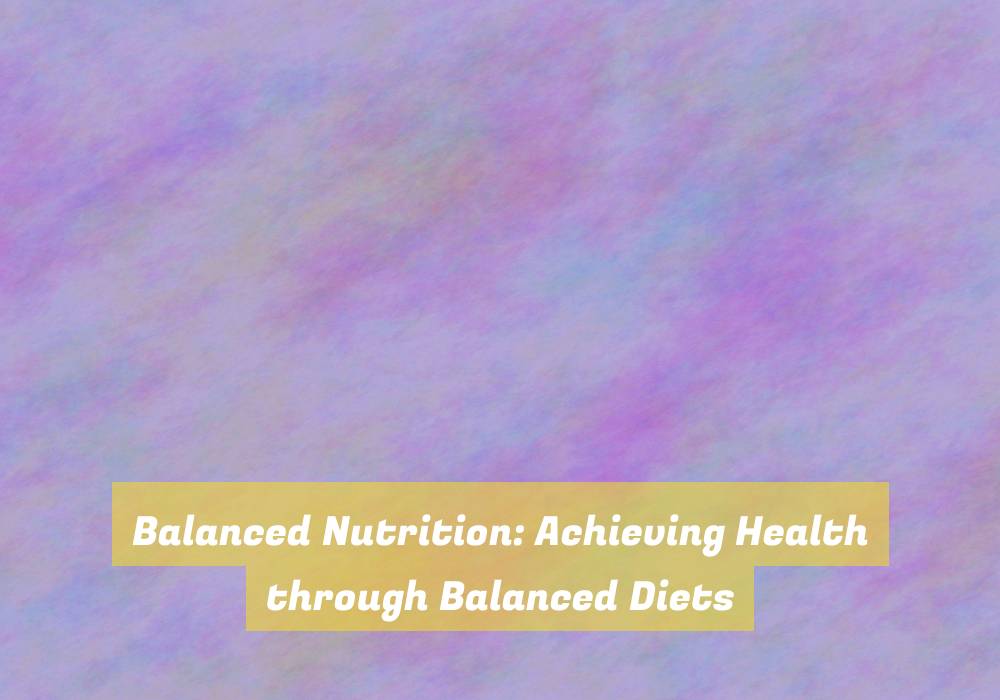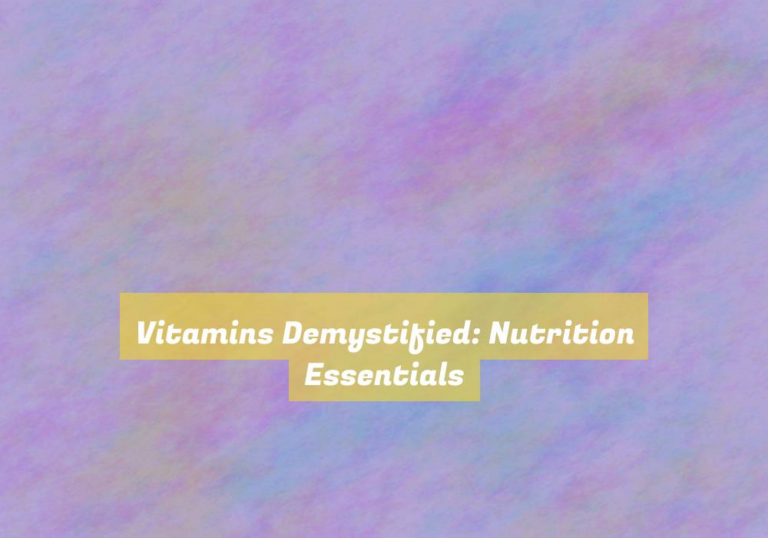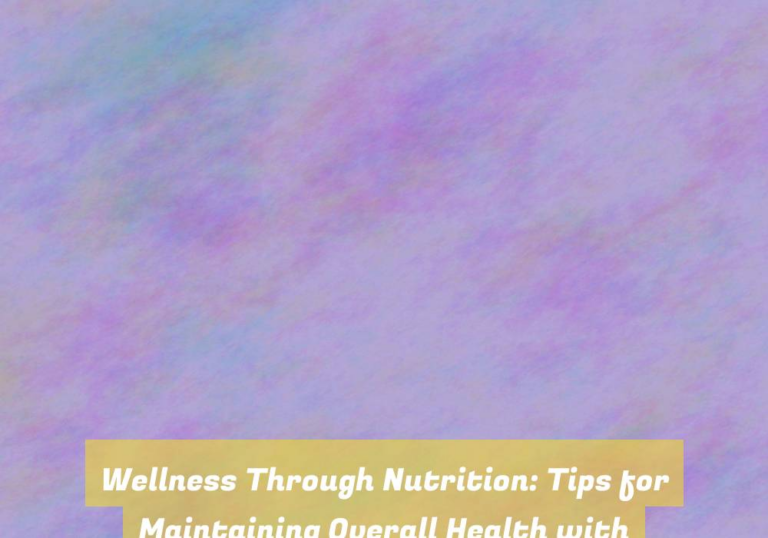Balanced Nutrition: Achieving Health through Balanced Diets
YouG??ve probably heard the phrase G??you are what you eatG?? countless times, and thereG??s a reason for that – itG??s true. Achieving optimal health and well-being begins with the food you consume on a daily basis.
But what exactly constitutes a balanced diet? ItG??s not just about eating your fruits and vegetables; itG??s about understanding the essential components of nutrition and how they work together to support your bodyG??s functions.
So, how can you ensure that your diet is truly balanced, and what kind of impact can it have on your overall health? These are the questions weG??ll explore as we navigate the path to achieving health through balanced nutrition.
The Importance of Balanced Nutrition
Maintaining a balanced diet is crucial for overall health and well-being. It provides the necessary nutrients your body needs to function optimally, supports a healthy weight, and reduces the risk of chronic diseases. By consuming a variety of foods from all the food groups, you can ensure that your body receives essential vitamins, minerals, and macronutrients. A balanced diet also helps regulate your energy levels, keeping you feeling energized throughout the day.
Additionally, a well-balanced diet supports your immune system, helping your body fight off illnesses and infections. It also promotes good digestion and gut health, leading to better nutrient absorption and a reduced risk of gastrointestinal issues. Moreover, proper nutrition plays a key role in maintaining healthy skin, hair, and nails, contributing to your overall physical appearance and self-esteem.
Incorporating a diverse range of foods into your diet can also positively impact your mental health. Nutrient-rich foods can support brain function and emotional well-being, potentially reducing the risk of mood disorders. By prioritizing balanced nutrition, youG??re investing in your long-term health and vitality.
Key Components of a Balanced Diet
Are you ready to explore the essential elements of a balanced diet that directly contribute to your overall health and well-being?
A balanced diet consists of key components that provide your body with the nutrients it needs to function optimally. First, make sure to include a variety of fruits and vegetables in your daily meals. These colorful foods are rich in vitamins, minerals, and antioxidants that support your immune system and overall health.
Next, incorporate lean proteins such as chicken, fish, tofu, or legumes to help build and repair tissues in your body. Whole grains like brown rice, quinoa, and oats are essential for energy and fiber, aiding in digestion and keeping you feeling full and satisfied.
Additionally, donG??t forget to include healthy fats from sources like avocados, nuts, and olive oil, which are crucial for brain function and nutrient absorption.
Lastly, ensure adequate hydration by drinking plenty of water throughout the day.
Strategies for Achieving Balanced Nutrition
To achieve balanced nutrition, focus on incorporating a variety of nutrient-dense foods into your daily meals. Start by including a colorful array of fruits and vegetables in your diet. Aim to fill half of your plate with these options to ensure youG??re getting a wide range of vitamins, minerals, and antioxidants.
Additionally, include lean proteins such as poultry, fish, beans, or tofu to support muscle health and overall bodily function. Whole grains like quinoa, brown rice, and oats provide essential fiber and energy, so make sure to include them in your meals.
Another strategy is to limit processed foods, sugary snacks, and high-fat items. These items often lack essential nutrients and can contribute to weight gain and health issues when consumed in excess. Instead, opt for healthier cooking methods such as grilling, steaming, or baking, and use herbs and spices to add flavor without excess salt or sugar.
Furthermore, staying hydrated is crucial for overall health. Drink plenty of water throughout the day and limit sugary drinks and excessive caffeine.
Impact of Balanced Diets on Overall Health
By focusing on incorporating a variety of nutrient-dense foods into your daily meals, youG??ll realize the significant impact of balanced diets on your overall health.
A well-balanced diet not only provides the necessary energy for your daily activities but also ensures that your body receives essential nutrients, vitamins, and minerals to function optimally. Consuming a variety of fruits, vegetables, lean proteins, whole grains, and healthy fats can positively impact your overall health in numerous ways.
Firstly, balanced diets can help in maintaining a healthy weight, reducing the risk of obesity-related conditions such as heart disease, diabetes, and hypertension.
Additionally, a diet rich in essential nutrients supports a strong immune system, reducing the likelihood of falling ill and promoting faster recovery.
Furthermore, balanced nutrition can enhance mental well-being by providing the necessary nutrients for cognitive function and emotional stability.
Conclusion
In conclusion, balanced nutrition is essential for maintaining good health.
By including a variety of food groups in your diet and paying attention to portion sizes, you can ensure that your body gets the nutrients it needs to function at its best.
Remember to make small, sustainable changes to your eating habits and stay mindful of your food choices.
Your health will thank you for it in the long run.






